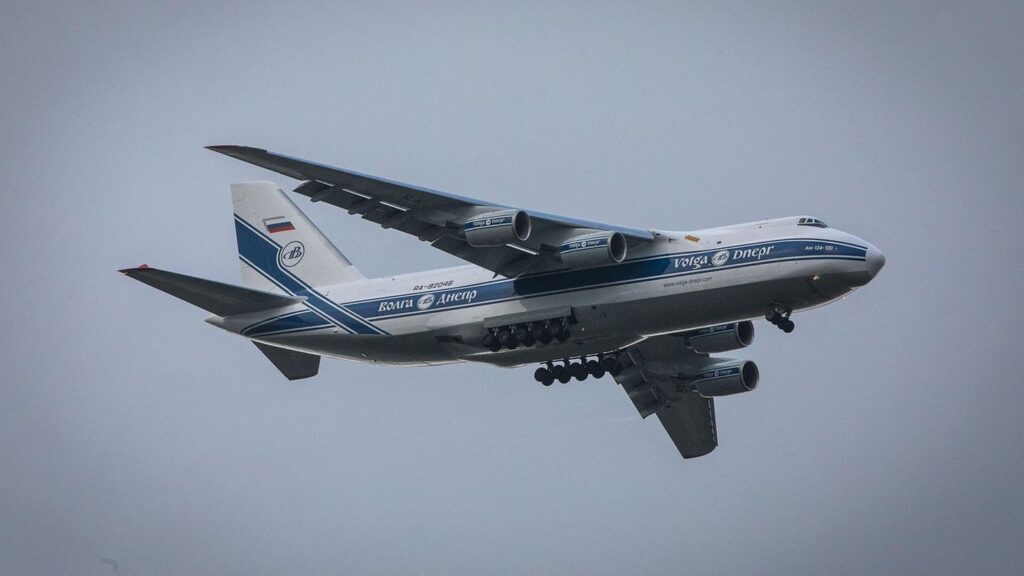
Introduction
The ongoing crisis in Venezuela has reached alarming levels, prompting global attention and concern. Once one of the wealthiest countries in South America, Venezuela is now grappling with political instability, economic collapse, and a human rights crisis that has forced millions to flee. Understanding the complexities of this situation is crucial for comprehending its far-reaching implications not only for the Venezuelan people but also for international relations and humanitarian responses worldwide.
The Current Situation in Venezuela
As of late 2023, Venezuela is facing unprecedented challenges. The economy has contracted continuously for over a decade due to a combination of mismanagement, sanctions, and a reliance on oil revenues that evaporated with falling oil prices. According to the International Monetary Fund (IMF), Venezuela’s GDP shrank by nearly 50% since 2013, leading to hyperinflation that has rendered the national currency nearly worthless. The humanitarian crisis is stark, with millions suffering from food shortages, inadequate healthcare, and lack of basic necessities.
Humanitarian Consequences
The humanitarian repercussions of the Venezuelan crisis have been dire. The United Nations estimates that over 6 million Venezuelans have fled the country, creating a significant refugee crisis in Latin America and beyond. Countries like Colombia, Brazil, and Peru are struggling to accommodate the influx of Venezuelan refugees, which is straining their resources. Human Rights Watch and other organizations continue to report grave violations of human rights within Venezuela, with many citizens living in fear of government reprisals.
International Response
In response to the crisis, various international actors have taken steps to provide aid. The U.S. and several European nations have imposed sanctions aimed at addressing corruption in the Venezuelan government and providing support for political dissenters. However, responses have been met with mixed results, and some argue that sanctions have exacerbated the suffering of ordinary Venezuelans. Meanwhile, humanitarian efforts by non-governmental organizations (NGOs) are ongoing, though logistical challenges persist due to the deteriorating infrastructure within Venezuela.
Conclusion
The situation in Venezuela remains critical and demands ongoing attention from the global community. As political, economic, and humanitarian crises intertwine, the potential for a resolution seems distant. Readers must remain informed about Venezuela’s plight and the human stories behind the statistics to understand the implications of this crisis both regionally and globally. Moving forward, enhancing humanitarian aid and fostering dialogue between opposing factions could be essential in addressing the underlying issues while alleviating the suffering of the Venezuelan people.



